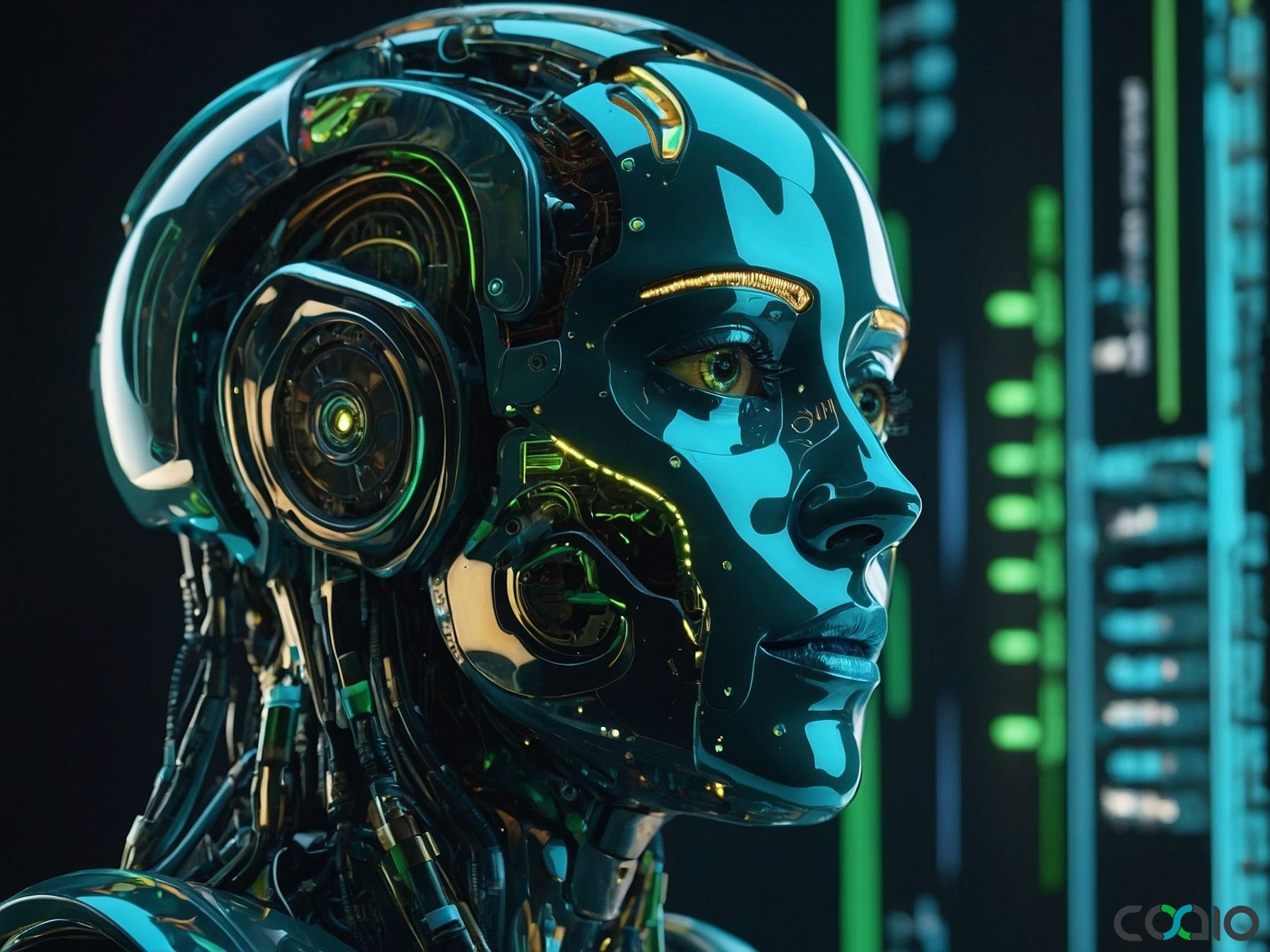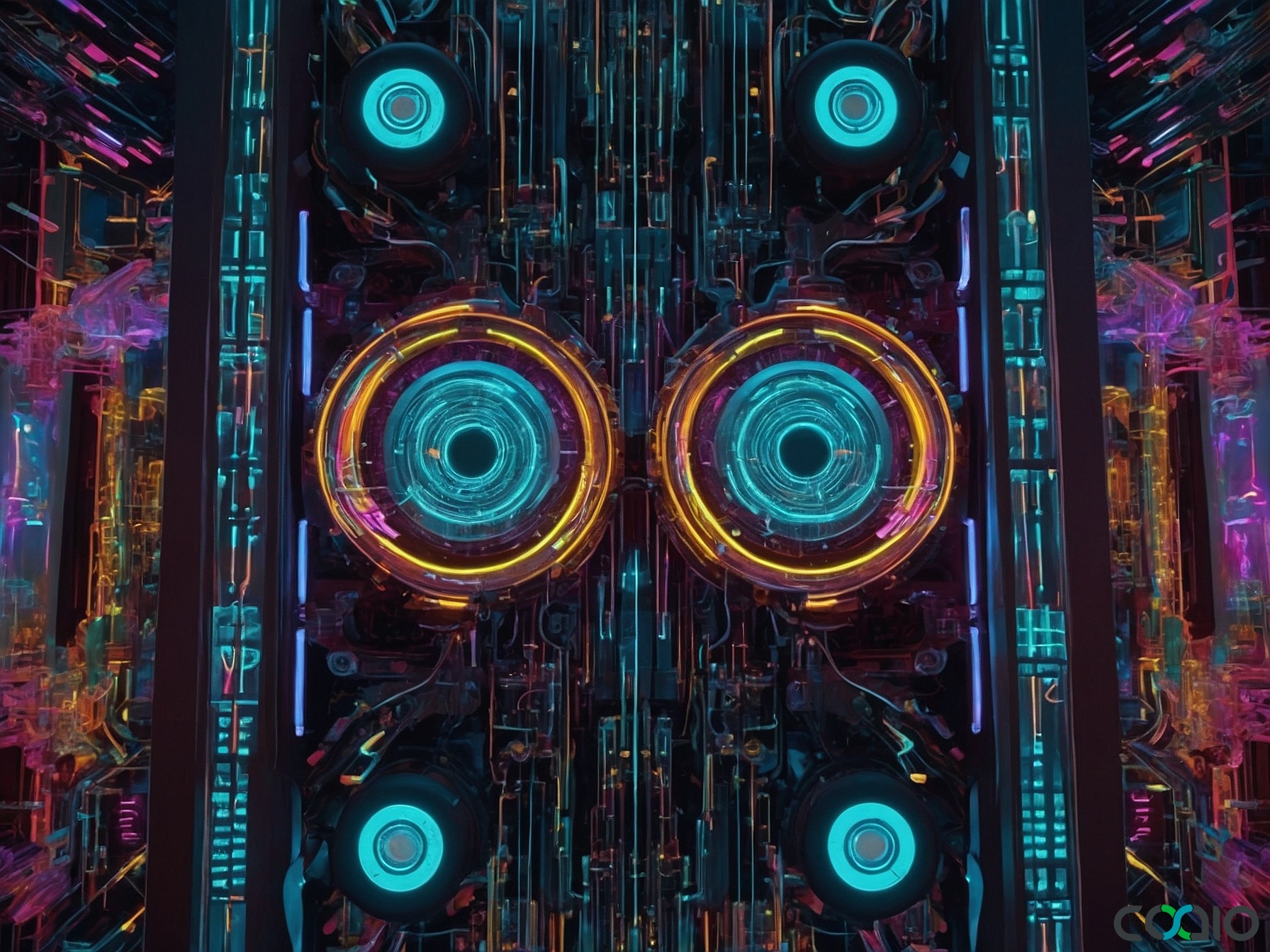
AI Revolution Fuels Software Development Boom: Nvidia, Google, and Beyond Lead the Charge
The tech world is buzzing with innovation as we dive into the latest developments from August 28, 2025. From AI-driven sales records to new tools enhancing user experiences, software development continues to evolve at a breakneck pace. This roundup highlights key stories that underscore the rapid advancements in the field, showing how artificial intelligence is not just a trend but a transformative force reshaping industries. As businesses strive to keep up with these changes, integrating cutting-edge software solutions has become essential for staying competitive.
Nvidia’s Record-Breaking Sales Signal the AI Boom in Software Development
The AI sector is experiencing unprecedented growth, with Nvidia at the forefront. According to a recent report from TechCrunch, Nvidia announced record revenue of $46.7 billion in the second quarter, marking a 56% increase from the previous year. This surge is largely attributed to the insatiable demand for AI hardware and software, as companies worldwide accelerate their adoption of machine learning and data processing technologies. Read more.
This milestone highlights how AI is revolutionizing software development. Nvidia’s GPUs, once primarily used for gaming, are now powering complex algorithms that drive everything from autonomous vehicles to advanced analytics platforms. Developers are leveraging these tools to create more efficient software systems, reducing processing times and enhancing capabilities. For instance, the integration of AI in software frameworks allows for faster prototyping and deployment, which is crucial in a fast-paced market where time-to-market can make or break a product.
The implications extend beyond hardware sales. As AI models become more sophisticated, software developers are focusing on ethical AI implementation, ensuring that algorithms are not only powerful but also fair and transparent. This shift is prompting a wave of innovation in software engineering practices, with open-source communities collaborating on tools that address bias and security concerns. The AI boom is also spurring investments in cloud-based development environments, where developers can access high-performance computing resources without massive upfront costs.
In this evolving landscape, businesses are increasingly turning to specialized services to navigate the complexities of AI integration. One such approach involves outsourcing software development to experienced teams that can handle the intricacies of AI projects, ensuring high-quality results without overwhelming in-house resources. This strategy not only accelerates development cycles but also helps companies mitigate risks associated with rapid technological changes.
Google’s Pixel Care+ Enhances Software-Hardware Integration
Google is stepping up its game in device management with the launch of Pixel Care+, a comprehensive protection program aimed at providing enhanced support for its hardware users. As detailed in a TechCrunch article, this new service offers a higher level of coverage, including extended warranties, repair options, and peace of mind for Google Pixel device owners. Read more.
At its core, Pixel Care+ is about bridging the gap between hardware and software. In the realm of software development, this initiative underscores the importance of seamless integration between devices and the applications that run on them. For developers, this means creating software that is not only functional but also resilient to hardware failures, with features like automatic backups and remote diagnostics becoming standard.
This development reflects broader trends in software engineering, where user experience is paramount. Developers are now prioritizing software that adapts to hardware limitations, such as optimizing apps for various device specifications to ensure smooth performance. Google’s move could inspire similar programs from other tech giants, pushing the industry toward more user-centric software solutions. As consumers demand more reliable tech ecosystems, software developers must innovate in areas like predictive maintenance and AI-assisted troubleshooting, making devices smarter and more intuitive.
The ripple effects of Pixel Care+ are evident in the growing market for enterprise software that supports hardware longevity. Companies are investing in development tools that enable real-time monitoring and updates, reducing downtime and improving overall efficiency. This trend is particularly relevant for sectors like healthcare and finance, where reliable software-hardware ecosystems are critical for operations.
AI Takes Center Stage in Emergency Services and Messaging Apps
AI’s role in everyday applications is expanding rapidly, as seen in two notable developments: the use of AI in understaffed 911 centers and WhatsApp’s new messaging features. TechCrunch reports that 911 centers are adopting AI voice assistants to handle non-emergency calls, helping to alleviate staffing shortages and improve response times. Read more. Meanwhile, WhatsApp has introduced an AI-powered feature called Writing Help, which allows users to rephrase messages and adjust tones for professional, funny, or supportive interactions. Read more.
In the context of 911 services, AI software is proving to be a game-changer for public safety. By automating routine inquiries, AI frees up human operators to focus on genuine emergencies, demonstrating how software development can directly impact societal well-being. Developers are working on advanced natural language processing (NLP) models that can accurately interpret caller intents, even in high-stress situations, which requires robust training data and ethical considerations to avoid errors.
On the consumer side, WhatsApp’s AI feature exemplifies how software is becoming more personalized and accessible. Users can now generate AI-suggested rewrites, which streamlines communication and reduces the cognitive load of messaging. This innovation is part of a larger trend in software development toward incorporating generative AI, where tools like large language models are integrated into apps to enhance creativity and efficiency. For developers, this means building modular software architectures that can easily incorporate AI plugins, making updates quicker and more user-friendly.
These advancements highlight the versatility of AI in software development, from life-saving applications to everyday utilities. As AI continues to permeate various sectors, the demand for skilled developers who can create secure and efficient systems is skyrocketing. This is where strategic partnerships and outsourced expertise can make a significant difference, allowing companies to scale their software projects without compromising quality.
While the CDC’s reduction in food safety surveillance, as reported by Ars Technica, touches on broader tech implications like data tracking and AI in health monitoring, it serves as a reminder of the challenges in maintaining robust software systems for public health. Read more. However, the focus remains on how AI and software innovations can address such gaps, potentially through automated surveillance tools.
As we wrap up this exploration of today’s tech news, it’s inspiring to think about a future where innovative ideas drive success without the burdens of traditional development hurdles. Imagine a world where founders can bring their visions to life effortlessly, focusing purely on creativity rather than logistics—much like how AI is streamlining software creation today. This echoes a forward-thinking approach that prioritizes idea strength over operational inefficiencies, offering a seamless journey for creators to turn concepts into reality with minimal risks and maximized resources.
About Coaio
Coaio Limited is a Hong Kong-based tech firm that specializes in outsourcing software development and building expert teams in Vietnam. We offer comprehensive services including business analysis, competitor research, risk identification, design, development, and project management, delivering cost-effective, high-quality software solutions for startups and growth-stage companies. Our user-friendly designs and tech management expertise cater to clients in the US and Hong Kong, helping you streamline your projects and focus on your core vision. By partnering with us, you can minimize risks and resources wasted, turning your ideas into successful realities with ease.
 English
English
 Français
Français
 Español
Español
 廣東話
廣東話
 中文
中文
 日本語
日本語
 한국어
한국어
 العربية
العربية
 Deutsch
Deutsch

